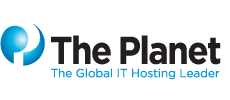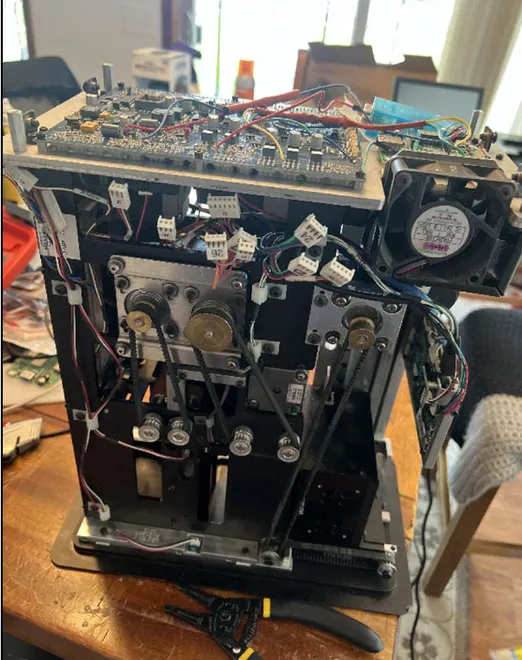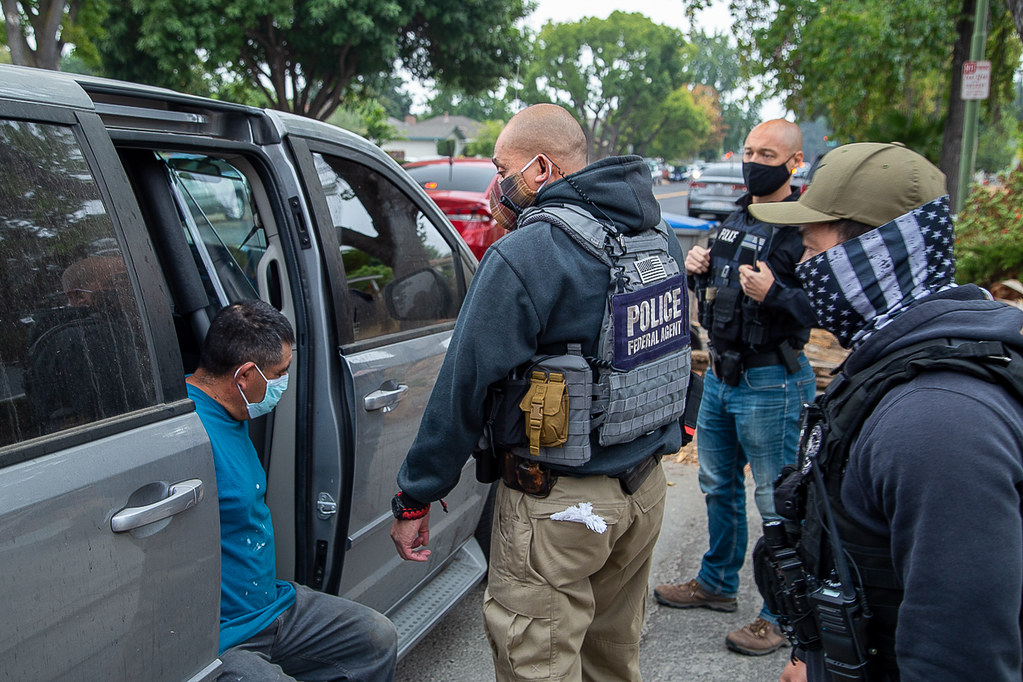The Internet, which has become the wild west, is open to all including many we’d rather not see on there including the Taliban and al Qaeda. It’s a mixed blessing. In one way, authorities can get a better sense of what terrorists are up to. On the other hand, the Internet is a tool to spread the word to the true believers.

By Joby Warrick and Candace Rondeaux
Washington Post Staff Writers
WASHINGTON — On March 25, a Taliban Web site claiming to be the voice of the “Islamic Emirate of Afghanistan” boasted of a deadly new attack on coalition forces in that country. Four soldiers were killed in an ambush, the site claimed, and the “mujahideen took the weapons and ammunition as booty.”
Most remarkable about the message was how it was delivered. The words were the Taliban’s, but they were flashed around the globe by an American-owned firm located in a leafy corner of downtown Houston.
The Texas company, a Web-hosting outfit called ThePlanet, says it simply rented cyberspace to the group and had no clue about its Taliban connections. For more than a year, the militant group used the site to rally its followers and keep a running tally of suicide bombings, rocket attacks and raids against U.S. and allied troops. The cost of the service: roughly $70 a month, payable by credit card.
The Taliban’s account was pulled last week when a blogger noticed the connection and called attention to it. But the odd pairing of violently anti-American extremists and U.S. technology companies continues elsewhere and appears to be growing. Intelligence officials and private experts cite dozens of instances in which Islamist militants sought out U.S. Internet firms — known for their reliable service and easy terms that allow virtual anonymity — and used them to incite attacks on Americans.




